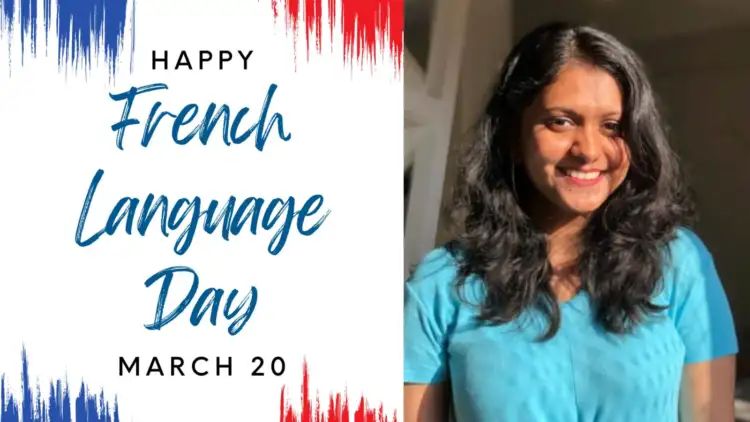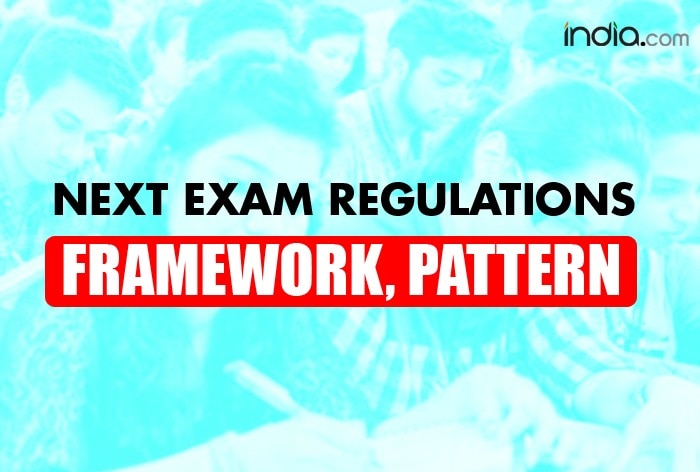However, candidates may note that the COAP registration window is not the M.Tech application portal for IITs. Candidates must apply separately for M.Tech admissions in their desired institution through the institute’s official portal and follow the institute-specific admission process. NEST 2024: Registrations Begin Tomorrow On nestexam.in “COAP 2024 is not an Application Portal for M.Tech. Admission in any participating institutes. The candidate should apply separately to the respective Institute(s) for M.Tech. admission. Each participating Institute will follow the selection procedure as per the norms and guidelines of the respective Institute. To access and make a decision on the most preferred choice out of the offers (if any) made by participating Institute(s), each candidate should register at COAP,” says a notice published on the official website in this regard. Notably, the GATE Exam is conducted for admissions into various Postgraduate courses and engineering jobs in IITs, government-supported institutions and agencies. The IISc Bangalore earlier conducted the GATE 2024 Exam on February 3, 4, 10, and 11, in two shifts. Following the conduct of the exam, the GATE 2024 Results were released on March 16, while the GATE 2024 Scorecards will be released on March 23. Candidates who appeared for the exam can check their results and will be able to download their GATE Scorecards 2024 from the official GATE 2024 website – gate2024.iisc.ac.in. For more details on the GATE Exam and COAP process, candidates are advised to visit the official websites. TN MRB Recruitment 2024: Notification Out For 2,553 Assistant Surgeon Vacancies, Apply On mrb.tn.gov.in Author : ABP News Bureau

Mumbai: Every March 20th, the world commemorates International Francophonie Day! This day celebrates the French language and the many cultures of Francophone countries.
Francophone refers to regions where French is spoken. Did you know there are more than 369 million French speakers worldwide?
This day was not selected at random. It coincides with the anniversary of the International Organisation of La Francophonie, a body that brings together French-speaking nations. The event celebrates the beauty of multilingualism and cultural interaction.
On this occasion, The Free Press Journal interviewed Ayushi Mhatre, a French language instructor and former teacher at Swami Vivekanand International School and Jr. College, on how French has helped her students to seek meaningful employment and educational opportunities.
From practical recommendations for making French more accessible and fun to industries where French knowledge is advantageous. And learn how to overcome pronunciation and grammatical challenges.
FPJ: In your experience, how has learning French opened doors for your students in terms of education or career opportunities?
Mhatre: 1. Learning French has enabled my students to land jobs at prestigious financial firms like BNP Paribas, with competitive salaries
. Others pursued further education in Paris, immersing themselves in the language and culture. Overall, mastering French has opened doors to diverse career opportunities and enriched their professional journeys significantly. It has even enabled my students to work with firms who work with embassies, translating their documents from french to english and vice versa.
FPJ: How do you integrate real-world applications of French language and culture into your curriculum to showcase its practical value?
Mhatre: As an online instructor based in India, I enhance the learning experience for advanced students by incorporating authentic materials like news articles and websites.
We engage in role-playing exercises and enjoy watching French songs and movies during our sessions, followed by insightful discussions. This approach ensures a blend of enjoyment and professionalism in our learning journey.
FPJ: Do you have any specific strategies for making French language learning more accessible and engaging for students with different learning styles?
Mhatre: 3. In situations where students primarily communicate in Hindi or Marathi and have limited English proficiency, I start by teaching them the phonetics of French alphabets. They can use their native language to write what they understand.
To enhance comprehension, I utilise examples and visual aids such as pictures. This approach ensures that language learning is accessible to individuals of all ages and backgrounds.
FPJ: Many industries value French proficiency. Can you share some examples of careers where knowing French can be a significant advantage?
Mhatre: In India, French is gaining prominence across various domains, presenting numerous opportunities for French speakers.
Currently, the finance sector offers a plethora of openings where proficiency in French is highly valued. Professionals in this field not only handle financial matters but also translate documents as needed.
Moreover, there is a growing demand for French translators and interpreters in hospitals, with Kokilaben Hospital being a prominent recruiter in this regard. These translators play a crucial role in translating medical prescriptions and facilitating communication between patients and healthcare providers.
Additionally, there is a significant need for French trainers in schools and colleges to impart language skills to students. This reflects the increasing recognition of French as a valuable asset in academic and professional spheres.
Overall, the emerging importance of French across various industries underscores the diverse career opportunities available to proficient speakers in India.
FPJ: French pronunciation or grammar is daunting. What advice do you give them to overcome these challenges and find the joy of learning?
Mhatre: 5. When students struggle with French pronunciation or grammar, I advise them to practise regularly, start with the basics, and listen to podcasts to improve. I also stress using phonetics, allowing Hindi speakers to write pronunciations in Devanagari for better understanding.
Giving frequent feedback and recommending resources like books and apps are crucial for progress. Additionally, I suggest students practise speaking in front of a mirror and record their conversations to identify and correct errors independently. We also make learning fun by using phonetics from other languages to improve French pronunciation.
FPJ: Can you recommend some of your favourite resources for students who want to learn language by themselves further?
Mhatre: For absolute beginners, I suggest using Duolingo, an app where they can learn new vocabulary and pronunciation. As they progress, I recommend downloading apps like “TV5 Monde” for practice exercises.
Another helpful app is RFI (Radio France International), offering podcasts for news and oral comprehension practice tailored to different levels. It also helps prepare for French exams. To practise speaking, I suggest using “HelloTalk” to connect with native speakers willing to exchange languages.
FPJ: What would you say to someone who is hesitant but curious about learning French? What are the first steps they can take?
Mhatre: Learning French may seem daunting, but it’s enriching. Start small, enjoy the process, and be patient. Use apps and movies, and practice regularly. Don’t fear mistakes or let age hold you back. Stay open to learning and getting back on track when needed.
If someone feels intimidated by their slower progress compared to others, it’s important to remember that language learning is a personal journey. Everyone learns at their own pace, so there’s no need to compare yourself to others.
If you’re feeling apprehensive, consider one-on-one learning for personalised support. And when speaking, be carefree and embrace the learning process without worrying about making mistakes.





